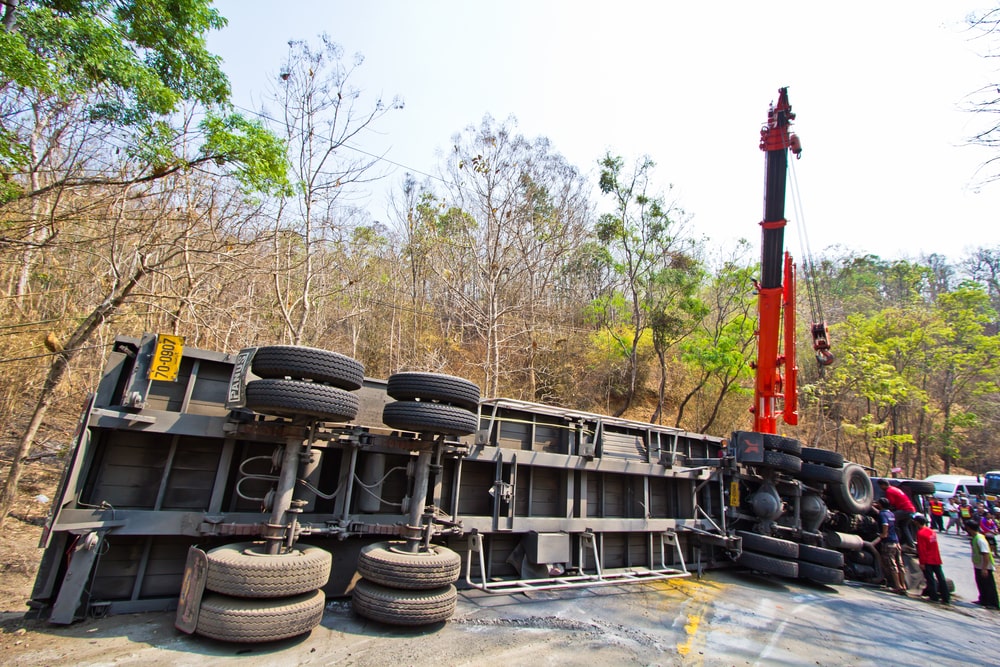If you’ve been injured in an accident involving a commercial truck, understanding how federal trucking regulations apply to your case can make all the difference. As our Raleigh, NC truck accident lawyer can attest, these laws, established by the Federal Motor Carrier Safety Administration (FMCSA), govern everything from driver rest schedules to vehicle maintenance and can directly impact how fault is determined and how much compensation you may receive.
Here are key federal trucking regulations and how they can influence your personal injury claim.
Why Federal Regulations Matter
Truck accidents differ from regular car accidents in many ways. Trucks are larger, carry more weight, and are often operated by drivers working long hours across state lines. Because of these risks, commercial trucking is heavily regulated at the federal level. If a trucking company or driver violates these rules, it could serve as evidence of negligence — a critical factor in your case.
Key FMCSA Regulations That May Affect Your Case
1. Hours Of Service (HOS) Limits
Truck drivers are subject to strict limits on how many hours they can drive. The FMCSA requires:
- No more than 11 hours of driving after 10 consecutive hours off duty
- A maximum of 60/70 hours on duty over 7/8 consecutive days
- A 30-minute break after 8 hours of driving
If a truck driver exceeded these limits and fatigue contributed to the crash, their employer could be held liable.
2. Drug And Alcohol Testing
Commercial drivers must undergo drug and alcohol testing:
- Before employment
- Randomly while employed
- After accidents involving injury or death
Failure to test or report results could point to company negligence.
3. Driver Qualifications
Truck drivers must meet certain qualifications, including:
- Holding a valid Commercial Driver’s License (CDL)
- Passing a medical exam
- Maintaining a clean driving record
If an unqualified or medically unfit driver caused your accident, this may support a claim against the trucking company.
4. Vehicle Maintenance And Inspections
Trucking companies must perform routine inspections and maintenance on their fleet. These include:
- Pre-trip and post-trip inspections
- Keeping maintenance logs
- Ensuring brakes, tires, and lights are in working order
Accidents caused by mechanical failures often point to a lapse in maintenance responsibilities.
5. Load Securement
Improperly loaded or unsecured cargo can lead to rollover accidents or cargo spills. FMCSA rules specify:
- Weight limits
- Securement procedures using straps, chains, and tie-downs
- Special rules for hazardous materials
Violations here may extend liability to cargo loaders or shippers, not just the driver.
How A Truck Accident Lawyer Uses These Regulations
An experienced truck accident lawyer will:
- Request driver logs and black box (ELD) data
- Subpoena maintenance records and drug test results
- Review employer safety policies and training protocols
- Identify violations that support your case
These details can significantly strengthen your claim and potentially increase the amount of compensation you receive.
Understanding federal trucking regulations is essential in building a strong personal injury case after a truck accident. Violations of these rules may serve as clear evidence of negligence by the driver, employer, or other parties.
If you’ve been injured in a truck accident, don’t go it alone. Contact our experienced truck accident attorneys today. At Burton Law Firm, we understand FMCSA regulations and know how to use them to fight for the justice and compensation you deserve.
